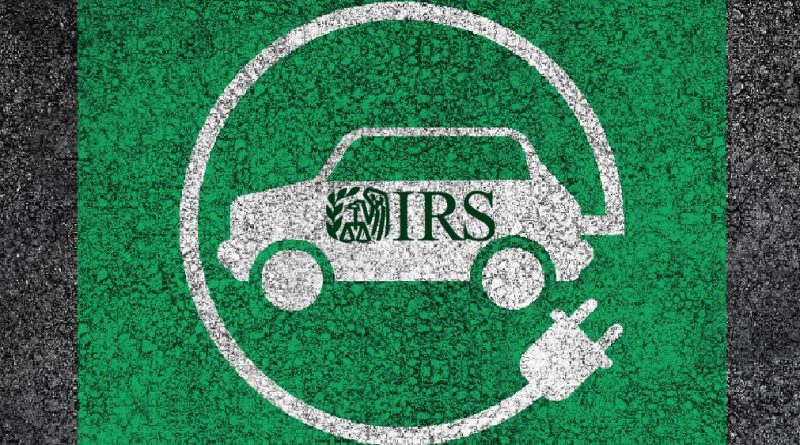Tax Credit Expansion Boosts EV Company Stock Prices
Jacob Hummel
Staff Writer
An already red-hot Electric Vehicle (EV) market was given another nudge of momentum when the U.S. Treasury recently updated their standards for what qualifies for a tax credit. These new changes include an altered weight standard, as well as an increase in the retail price cap from $55,000 to $80,000. These are specifically potent as EV makers focus more resources on developing different types of electric cars. Gone are the days of the one ton, shoebox SMART cars as SUVs, crossovers, vans, and pick up trucks litter the market.
The new credits incentivize buyers with up to $7,500 in federal tax credits for the purchase of a qualifying vehicle. The tax credits are part of the Biden administration’s $437 billion Inflation Reduction Act, which are on trend with government legislation incentivizing eco-friendly purchases. The change has also come in the wake of criticism by Elon Musk, and other important figures in electric vehicle industry, as many popular EV’s were not considered SUVs under the previous narrow standards enforced by the IRS. Popular vehicles like the Tesla Model Y, Ford Mustang Mache, Cadillac Lyriq, and Volkswagen ID 4 all become eligible for the write off, pushing new car buyers to go-green. This has been reflected in company share prices, as EV producing companies such as Tesla and GM have all been trading higher amidst the news.

Tesla stands to be one of the biggest beneficiaries, as their highly anticipated 2023 Tesla Model Y will now be more accessible to buyers. In the past, only one 7-passenger variant of the Model Y was considered eligible by the IRS. With the new regulations, buyers will now be able to enjoy the new tax credit for all models of the Model Y.
Consensus among those in the automotive industry has been widely positive regarding the new standards. John Bozzella, CEO of the Alliance for Automotive Innovation, applauded the policy change saying it was “a very good decision that clears up some EV tax credit confusion and instantly helps customers shopping today for an electric crossover or SUV.” GM made a statement as well, thanking the Treasury saying “The alignment on clarification will provide the needed clarity to consumers and dealers, as well as regulators and manufacturers.”
If it wasn’t obvious already, EVs are not going away. Rising gas prices and looming inflation have already shepherded once-reluctant consumers towards the “future of automobiles”. With a peel back of COVID-era tax laws already slated to affect people’s refund, this news couldn’t have come at a better time for car makers and their shareholders. All stakeholders in companies producing EV’s should continue to be on the lookout for similar government action in the future, as this case has shown once again what the power of government involvement can have on share price.
Contact Jacob at jacob.hummel@student.shu.edu

